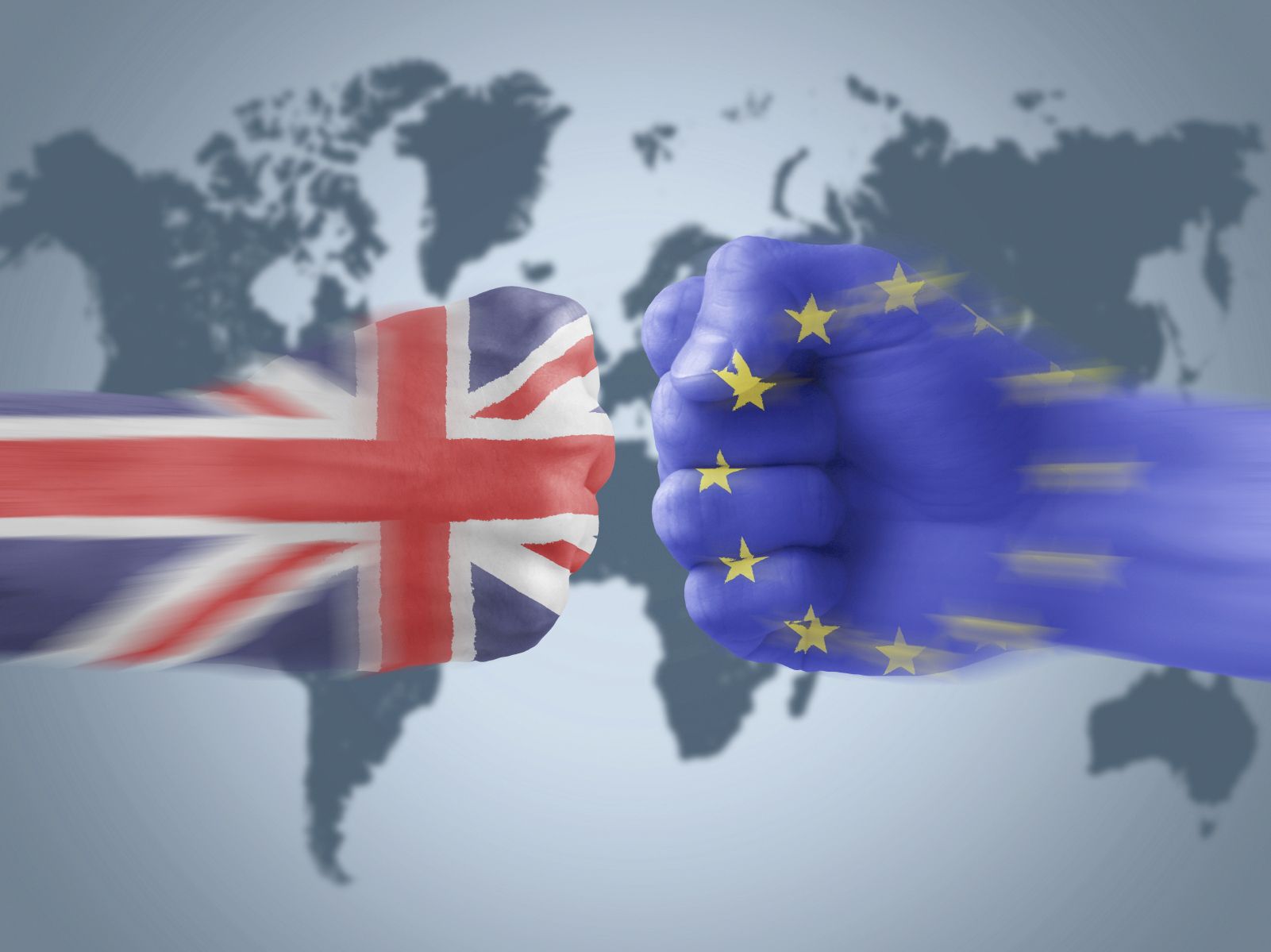At the beginning of December, Danes cast their vote about a very specific aspect of the country’s involvement in the EU, the continuation of its EU justice opt-out, but for some parties and voters the referendum was symbolic of Denmark’s level of satisfaction with its EU membership.
Across the North Sea, the UK is warming up for a referendum with much bigger consequences, where the result will in fact determine whether Britain will stay in the union or whether there will be a British exit, or Brexit, as it has popularly been termed.
The year of Brexit?
Brexit has been a hot issue in British and European politics since the UK’s prime minister, David Cameron, included legislating for the referendum as part of the Conservative manifesto before the general election in May last year.
He has promised that the vote will take place before the end of 2017, but the exact date has still not be set, and it is the subject of much speculation in the international media.
Mariano A Davies, the president and CEO of the British Chamber of Commerce in Denmark, thinks that it is likely to be later rather than sooner.
“I think David Cameron will postpone the referendum as long as possible. Any thoughts he may have had about holding it early will have been dashed by the Danish vote and the migration challenge,” he said.
Renegation or renegotiation?
Cameron is generally thought to have agreed to holding the referendum as a concession when the anti-EU party UKIP was at its height. But his efforts since then have been focused on renegotiating Britain’s place in Europe, while continuing as a member state.
Davies also believes that this would be in the best interest of Danish business.
“I’ve been talking to executives at a number of Danish companies and they’re a little worried. Companies like Carlsberg, Arla Foods and Danish Crown have significant exports to and from the UK and the UK is Denmark’s third largest export market,” he said.
“A British exit from the EU could be very expensive for Denmark. In March last year, the British Chamber of Commerce in Denmark had a conference where we looked at the opportunities for Danish export companies in the UK. Danish companies can also use the UK as an effective springboard to international markets, and in doing so can expand faster than they could directly from Denmark.”
Cameron’s concession hunt
The British PM has been putting his case for reform to EU leaders, but so far he has failed to secure meaningful concessions. According to Davies, without a symbolic deal, Brexit will be a real possibility.
“Cameron needs to be able to go back to the voters with something: a UK concession of some sort,” he said.
“This could be in relation to the free movement of people. I don’t believe the UK will get an immediate opt-out, but the issue of reform could be put on the agenda. Somewhere along the line, the EU Commission needs to ‘throw him a bone’. How much meat there will be on that bone, I don’t know.”
Danish support for reform
Dissatisfaction with the current EU regime isn’t isolated to the UK, as anti-EU feeling is on the rise across the continent. Nowhere was this more evident than in Denmark during the campaigning and voting in December. Davies therefore envisages a degree of support for Cameron’s plight.
“Britain does have friends in Europe on the reform issue. There are many EU countries that feel there is need for EU reform,” he said.
“I definitely think Denmark would support a reform of the EU. DF and Venstre have expressed support for this and there has even been movement from Socialdemokraterne in that direction. These three parties represent a big majority.”
Going to be a close call
In terms of predicting the referendum’s result, Davies reserves judgement.
“Two years ago, I was sure that Britain would say yes: that the economic arguments would win the day and that female voters between 25 and 55, who tend to vote with their head and who were influential in the result of the Scottish referendum, would again ensure this,” he said.
“Today, I’m really not sure. Unless something happens – David Cameron is thrown a bone and reform is put on the agenda – it’s going to be a close call.”















